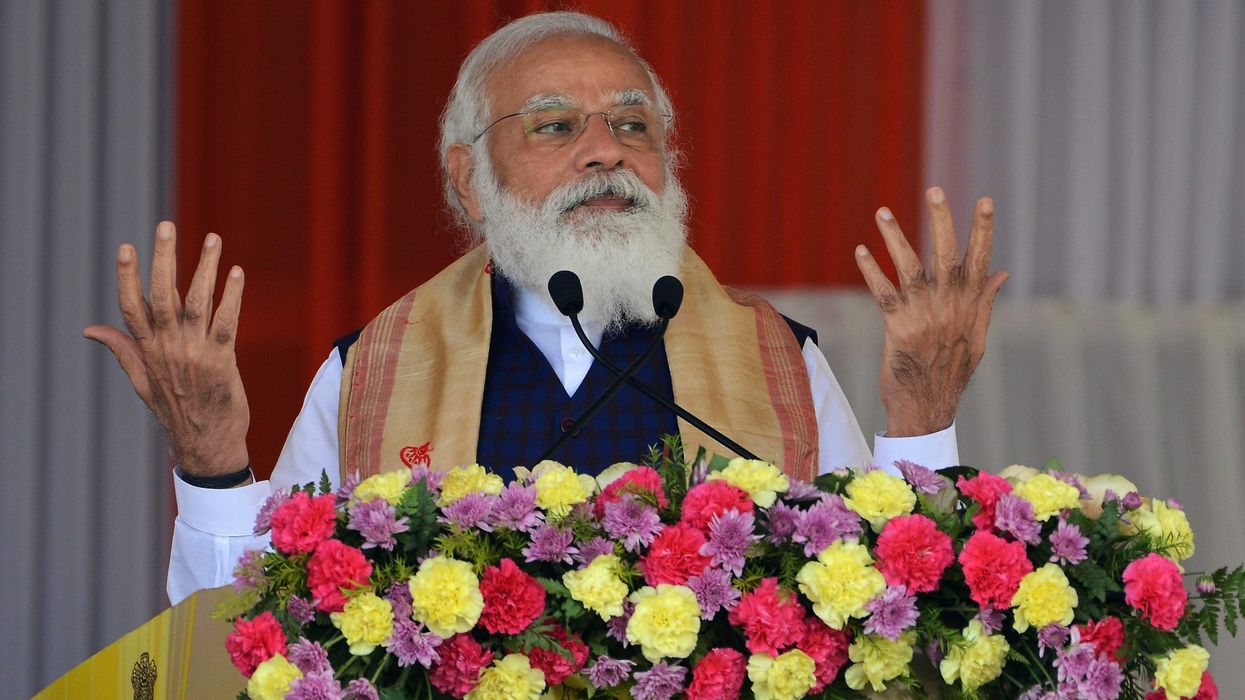INDIAN Prime Minister Narendra Modi on Monday (14) said the country is on the right track to achieve its target of land-degradation neutrality. The leader said this while delivering a keynote address at the United Nations’ “High-Level Dialogue on Desertification, Land Degradation and Drought” via a video call.
“We are also working towards restoring 26 million hectares of degraded land by 2030. This would contribute to India’s commitment to achieve an additional carbon sink of 2.5 to 3 billion tonnes of carbon dioxide equivalent,” Modi said. The Indian prime minister spoke at the opening segment in his capacity as the president of the 14th session of the Conference of Parties of United Nations Convention to Combat Desertification (UNCCD) where he said land was the fundamental building block for supporting all lives and livelihoods.
ALSO READ: UK and India to work closely on global issues including COP26, says acting British envoy
Appealing for reduction of pressure on land and its resources, Modi said: “Clearly, a lot of work lies ahead of us. But we can do it. We can do it together.” He also listed steps taken by India to tackle the issue of land degradation. He said the country has taken the lead to highlight the issue at international platforms.
'India gained 3M hectares of forest cover in last 10 years'
The PM said around three million hectares of forest cover have been added in India over the last decade and this has enhanced the combined forest cover to almost one-fourth of the country’s total area. He gave the example of the Banni region in Rann of Kutch in his home state Gujarat to illustrate how restoration of land could lead to a cycle of good soil health, increased land productivity, food security and better livelihoods. In the Banni region, land restoration was accomplished through developing grasslands which helped in achieving land-degradation neutrality. It also helps in pastoral activities and livelihood by promoting animal husbandry.
“In the same spirit, we need to devise effective strategies for land restoration while promoting indigenous techniques,” Modi said.
India has been helping other developing countries to develop strategies on land restoration. A centre of excellence is being set up in the country to promote a scientific approach towards land-degradation issues, Modi said.
“It is mankind’s collective responsibility to reverse the damage to land caused by human activity. It is our sacred duty to leave a healthy planet for our future generations,” he added.
In September 2019, countries which are party to the UNCCD met in New Delhi and called for better access and stewardship over land and focused on gender-sensitive transformative projects.
With inputs from India News Network




